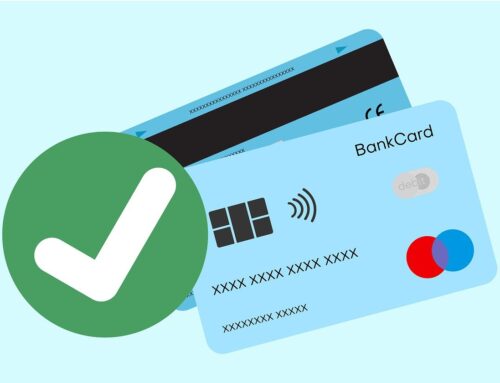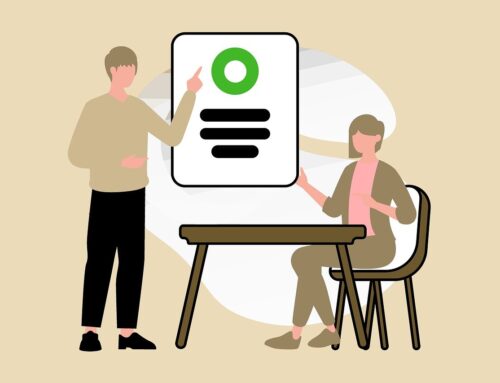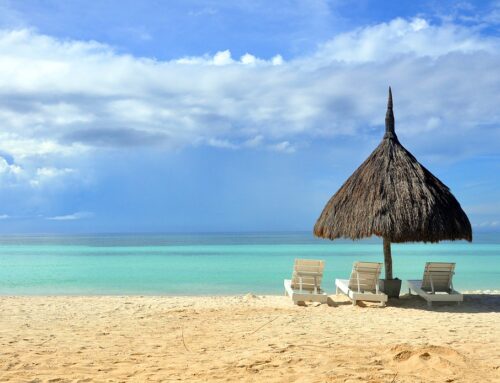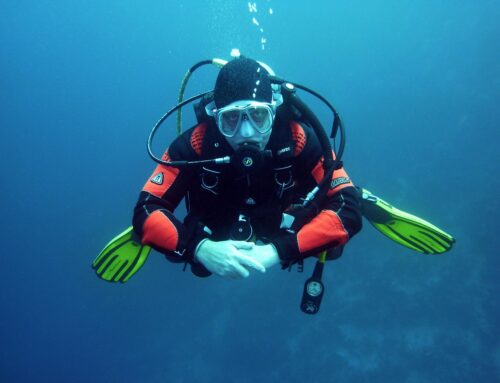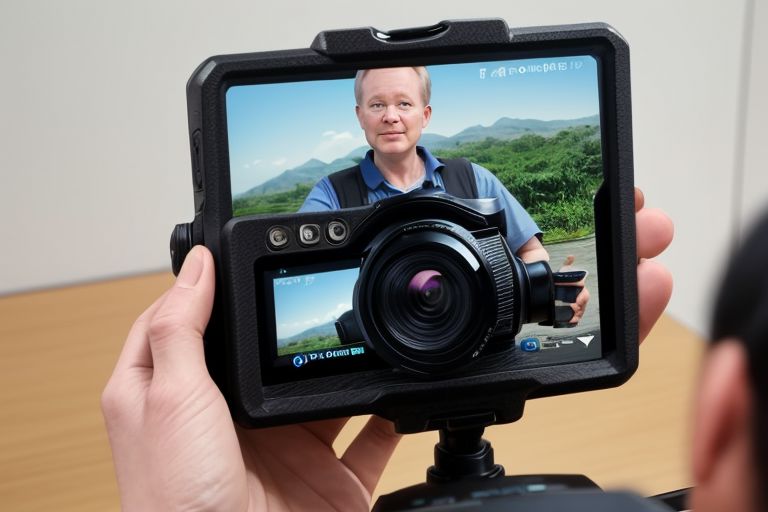
Is Vlogging in Paradise Legal? Understanding Tourist Visas in the Philippines
The Philippines is a dream destination for travelers—crystal-clear beaches, welcoming locals, and colorful culture everywhere you turn. For vloggers, it’s also an ideal place to create content. But there’s a question many don’t ask until it’s too late: is it legal to vlog in the Philippines while on a tourist visa? Let’s take a closer look at what’s allowed, what’s risky, and how to avoid visa trouble while documenting your adventures.
What Travel Visas Are Meant For
Travel visas are issued for temporary visits, and they come with clear limitations. The most common types include:
-
Tourist Visa: For short stays, sightseeing, visiting family or friends, or attending events. No work or business allowed.
-
Business Visa: For meetings, conferences, and other business activities—still with restrictions, especially on earning income locally.
Common Travel Visa Restrictions
No matter which visa you enter on, most come with two major limits:
-
No Paid Work: You’re generally not allowed to take on any work or earn money while in the country.
-
Limited Stay: Visas are only valid for a specific period. Overstaying or violating terms can result in penalties.
What Happens If You Break the Rules
Visa violations can lead to serious consequences:
-
-
Fines: You may need to pay hefty penalties.
-
Detention or Deportation: In more serious cases, you could be detained or removed from the country.
-
Future Travel Issues: Violating visa conditions can affect your ability to return to the Philippines—or enter other countries.
-
So, Is Vlogging Allowed on a Tourist Visa?
Vlogging might seem like a fun, harmless way to share your trip, but it’s not always that simple under immigration rules
Tourist Visas Don’t Allow Income: If you’re earning anything from your vlog—ads, sponsorships, affiliate sales, or merch—you may be considered as working.
-
-
Monetization Changes the Game: Even if you didn’t intend to make money, once you start receiving payments, your vlog could be seen as a business activity.
-
Where Things Get Complicated: Is It Work or Just a Hobby?
It’s not always black and white. Here’s where the situation gets a little fuzzy:
-
Just for Fun? You’re Probably Fine
If your vlog is more like a digital journal with no monetization, there’s little to worry about. -
A Bit of Income? That’s the Gray Zone
Small, occasional revenue might slide under the radar. But if immigration sees regular income or views your vlog as a job, that’s when problems can arise.
How Immigration Looks at Vlogging
What really matters is how your vlog appears from an immigration perspective:
-
Intent: If your vlog feels like a casual hobby, it might be overlooked—even with a little income.
-
Revenue Level: A small trickle of ad money might not raise concern, but regular earnings can suggest business activity.
Be Transparent and Smart About It
If you’re vlogging while on a tourist visa, here are a few simple things that can help keep you out of trouble:
-
Mention Your Status: Let viewers know you’re visiting on a tourist visa and not operating a business locally.
-
Avoid Framing It as a Job: Don’t present your vlog as a full-time income or professional gig if you’re not authorized to work.
When in Doubt, Talk to a Pro
Still unsure if your vlog crosses a legal line? It’s always safer to speak with an immigration lawyer familiar with Philippine law. They can help you stay within the rules and avoid issues down the line.
Staying on the Safe Side: Vlogging in the Philippines on a Tourist Visa
You’re excited to share your journey through a travel vlog—but you also want to make sure you’re not crossing any lines with your tourist visa. Here are smart steps to help reduce risk while still enjoying your vlogging experience:
Minimize Monetization While on a Tourist Visa
-
Hold Off on Ads
If you’re unsure about what’s allowed, it’s safer to turn off ad monetization while you’re in the Philippines. This helps avoid any appearance of earning income during your stay. -
Pause Affiliate Links
Skip adding affiliate marketing links to your content for now. You can always activate monetization strategies once you have the right type of visa.
Seek Professional Guidance
-
Talk to an Immigration Lawyer
If you’re unsure about the legal gray areas, a quick consultation with a Philippine immigration lawyer can give you peace of mind. They can explain what’s allowed—and what’s not—based on your specific case.
Stay Informed and Cautious
-
Visa Rules Can Change
Always check the Bureau of Immigration website for the latest updates. Visa interpretations can shift, and staying current keeps you safe. -
Err on the Side of Caution
If you’re unsure about a certain activity, play it safe and avoid it. That helps you enjoy your trip without worry and prevents any visa complications down the road.
Safe Travels and Safe Vlogging: Tips for Tourist Visa Holders
Love vlogging but not sure what’s allowed? Here are key strategies to help you stay compliant while sharing your Philippine adventure:
Stay Up-to-Date
Keep tabs on immigration policies and any updates about tourist visas. Checking government sources like the BI website regularly is one of the smartest things you can do.
When in Doubt, Don’t Post It
If you’re unsure whether something might be seen as “work,” it’s best to hold off. Staying cautious protects your visa status and keeps your experience stress-free.
By following these tips, you can safely vlog your travels without risking trouble with immigration. Sharing your story responsibly can still be fun, engaging, and inspiring.
Alternative Options: How to Vlog Legally in the Philippines
The Philippines is an amazing place for content creators—but if you want to vlog and eventually earn from it, you’ll need to go beyond a tourist visa. Here are your best options:
1. Secure a Long-Term Visa
-
Work Visa
If you want to vlog professionally or monetize your content, this is your best option. A work visa allows income-generating activities, including YouTube monetization and partnerships. Check the BI website or consult a lawyer to learn what’s required. -
Special Resident Retiree’s Visa (SRRV)
If you’re 50+ and meet the investment criteria, this visa offers long-term stay benefits and allows limited work. It could be a good option for older vloggers looking to stay longer and possibly earn.
2. Delay Monetization—For Now
-
Focus on Building Your Audience
Use your time on a tourist visa to create beautiful, engaging content. Grow your channel and community first—then monetize once you’re on the right visa. -
Turn Monetization On Later
Once you’re legally allowed to earn income in the Philippines, you can start using ads, affiliate links, sponsorships, and more.
3. Explore Social Media Platforms
-
Try Different Channels
Instagram, TikTok, and Facebook are great ways to share your story while you grow your presence. Some monetization models on these platforms are less direct but still effective—just make sure you stay within the platform’s rules and your visa limits.
Remember: Stay Legal and Stay Transparent
-
Do Your Homework
Every vlogger’s situation is different. Make sure to research Philippine visa policies carefully and consider getting professional advice before launching monetized content. -
Play by the Rules
Being honest about your visa status and staying compliant helps you avoid fines, blacklisting, or worse—and ensures you can keep coming back to enjoy more adventures in the Philippines.

